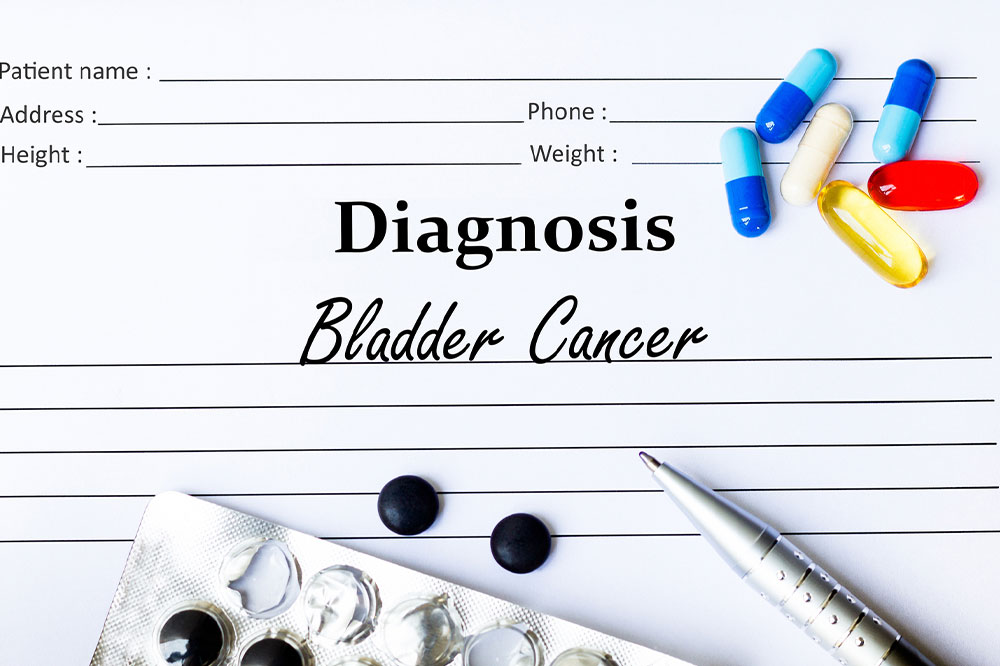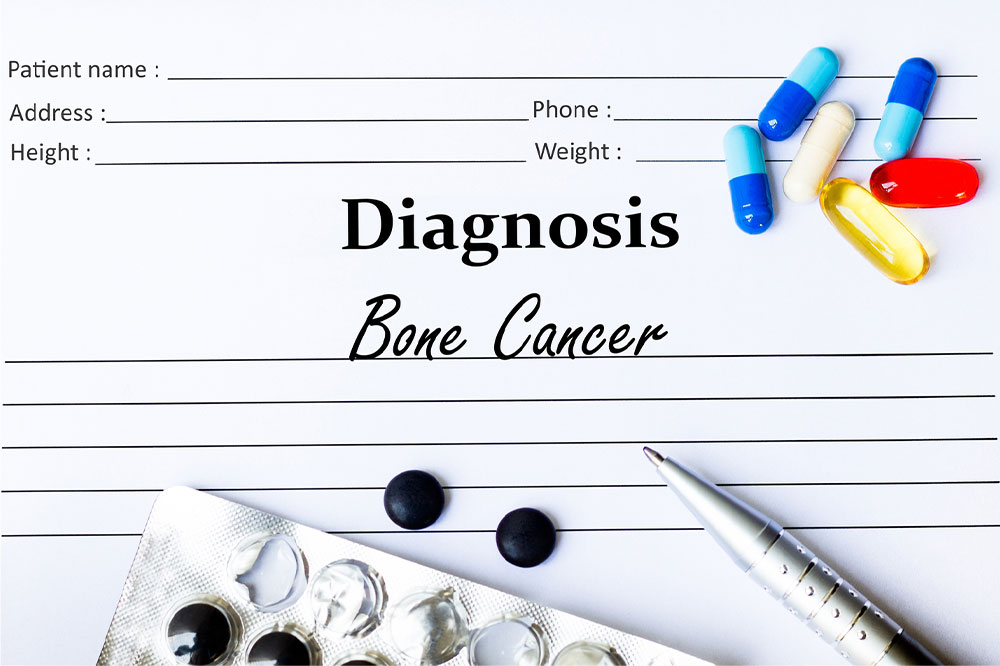6 ways excess sugar intake disturbs sleep
With the fast-paced world, getting a good night’s sleep is becoming harder. We often attribute sleep loss to external factors like stress or technology, but sugar can also be a culprit that we tend to overlook. Despite its seemingly harmless nature, sugar can negatively affect our sleep patterns and overall health. Many people are unaware of sugar’s harmful impact on sleep and its correlation with sleep disturbances and constipation. Here’s everything you should know. Disrupts the sleep-wake cycle Consuming excessive sugar close to bedtime can disrupt your sleep-wake cycle. Sugar stimulates insulin release, leading to a rapid increase in blood sugar levels. This spike in energy can make it difficult for your body to relax and enter the sleep phase, causing insomnia or fragmented sleep. Promotes restless sleep Sugar can contribute to restless sleep by causing blood sugar fluctuations throughout the night. As your blood sugar levels rise and fall, your body may experience sudden awakenings or interruptions in sleep. These disruptions can leave you tired and groggy in the morning, even after a seemingly long night of rest. Increased risk of sleep disorders Studies have shown that high-sugar foods are associated with an increased risk of sleep disorders such as sleep apnea and snoring.
Read More 









